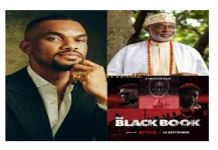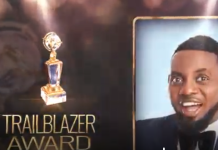Erika Kirk, widow of slain conservative activist Charlie Kirk, stunned mourners on Sunday by publicly forgiving the man accused of killing her husband.
Addressing more than 90,000 attendees at State Farm Stadium, she turned a moment of collective grief into one of spiritual reflection.
Fighting tears, Erika told the crowd she bears no hatred toward Tyler Robinson, the 22-year-old charged with Kirk’s murder. “My husband wanted to save young men, just like the one who took his life,” she said. “That young man… I forgive him. I forgive him because it’s what Christ did, and it’s what Charlie would do.” Her words were met with a wave of emotion that rippled through the massive gathering.
She urged those listening not to respond to violence with bitterness: “The answer to hate is not hate. The answer, we know from the gospel, is love — always love, even for our enemies.”
While extending forgiveness, Erika clarified she is leaving the legal process to authorities. “I don’t want that man’s blood on my ledger,” she told reporters, signaling her refusal to seek vengeance. Earlier in the week, she had insisted on seeing her husband’s body, later recalling a faint half-smile on his face—a detail she said reassured her that he hadn’t suffered.
The memorial drew major political and cultural figures, including former President Donald Trump and Vice President JD Vance, who paid tribute to Kirk’s activism and influence. Trump, visibly moved by Erika’s remarks, responded candidly: “I hate my opponents… I’m sorry, Erika,” acknowledging the contrast between political hostility and her message of grace.
Observers say Erika’s choice to forgive has sparked a national conversation about faith, justice, and mercy amid an era of deep political division. Supporters praise her for modeling Christian love in an age of polarization, while critics debate whether such forgiveness undermines accountability.
Erika has now assumed leadership of Turning Point USA, vowing to continue her husband’s mission. But her words on Sunday may prove to be her most enduring legacy: “Forgiveness,” she said, “is what Charlie would do.”
































